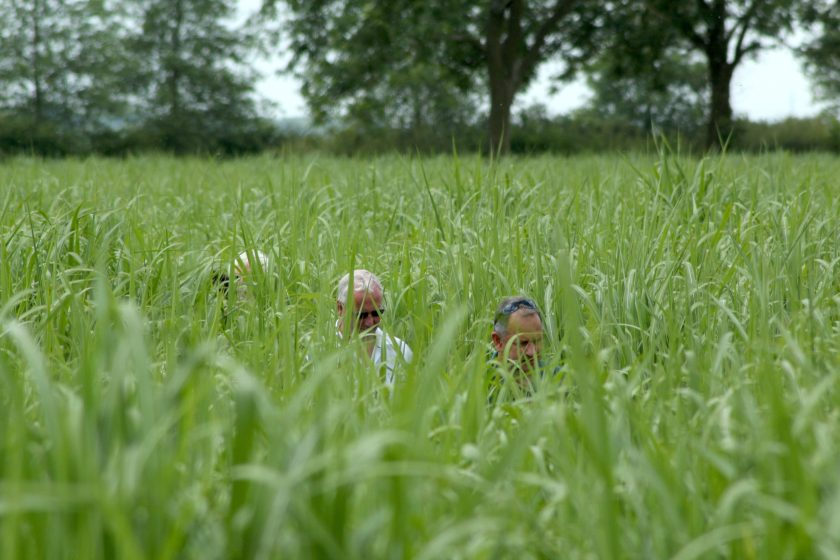Committee calls for scaling up of miscanthus planting

Bioenergy crops with carbon capture storage such as miscanthus will significantly contribute to the UK's net zero target, according to a report.
Polluting emissions in the UK must decrease by 78% by 2035, and energy crops and bio energy will help, the Committee on Climate Change (CCC) said.
It stated in its report, issued in December 2020, that planting perennial energy crops needed to accelerate quickly to at least 30,000 hectares a year by 2035, so that 700,000 hectares were planted by 2050.
This increase could sequester 2 metric tons of carbon dioxide equivalent (MtCO2e) by 2035 and over 6 MtCO2e by 2050.
When used with carbon capture storage technologies this could displace a further 3 MtCO2e of emissions elsewhere in the economy by 2035, increasing to 10 MtCO2e by 2050, the report said.
William Cracroft-Eley, Terravesta chairman, is encouraged by the report: “The CCC modelling includes the carbon benefits of bioenergy crops but not the additional emissions savings from reduced nitrogen use by moving from annual to perennial crops.
“It’s a solution that is developed, scalable and ready to deliver today, with the ability of producing substantial annual feedstock harvests after the second year from planting.
"Nothing else can deliver both the essential carbon negative feedstocks and sequestration at the same scale in that timeframe.”
He said that a focus was needed on end-uses that were ready to go now, in order to have those technologies contributing to the maximum as soon as possible.
“In the UK, that means first generation burning technologies, delivering large-scale heat and electricity, whether as dedicated supply to major industry or uploaded onto the National Grid from biomass power stations.
“Power generation is here at scale and ready to go now, while most of the other technologies are still at the scale-up stage," he added.
The UK's first detailed roadmap for a fully decarbonised nation was included in the sixth carbon budget from the CCC, issued in December 2020.








